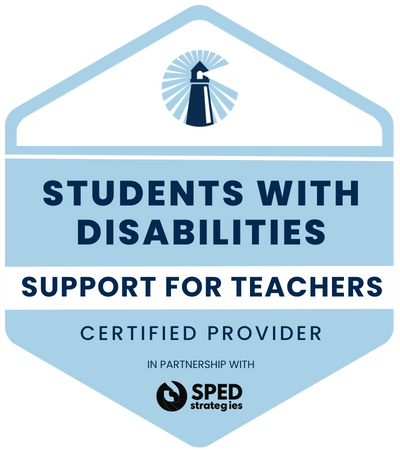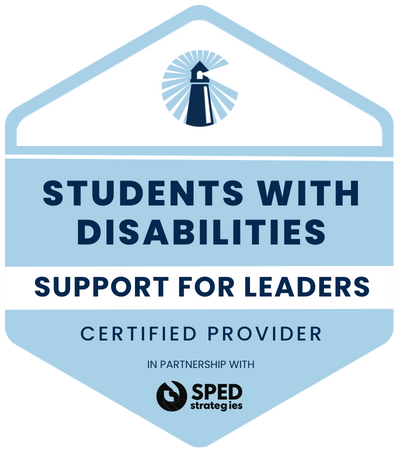
Advancing equitable outcomes through high-quality curriculum and aligned professional learning
EL Education was approved for the PLPG in February 2021.
Rivet Education evaluates the three sections marked with the checkmark icons. All other details are self-reported, so we recommend confirming them directly with each partner.
How are partners selected for the PL Partner Guide?
OUR TEAM
51+ facilitators/coaches
11-25% are non-white
WHERE WE WORK
We have worked here
We are also willing to work here
WHO WE ARE
With 30 years of professional learning experience and the publishers of EL Education's K-8 Language Arts curriculum, EL Education is equipped to support all implementation phases. EL's Teacher Potential Project was assessed independently by Mathematica Policy Research, resulting in demonstrated shifts in teacher practice, increased student engagement, and advance students' literacy achievement. Our capacity-building partnerships with schools and districts around the country use continuous improvement cycles to advance excellent and equitable outcomes for all students.
TYPES OF SUPPORT WE OFFER
- Adopting an ELA curriculum
- Adopting a math curriculum
- Adopting a science curriculum
- Initial implementation
- Ongoing implementation support for teachers
- Educator Coaching
- Leadership Support for Coaching
- Collaborative Planning
- Ongoing implementation support for leaders
What are these phases?
Types of districts that we have experience working with
- Traditional District
- Charter
- Private
- Parochial
- Urban
- Suburban
- Rural
- Fewer than 2,500 students
- 2,500 to 10,000 students
- 10,000 to 50,000 students
- 50,000 to 100,000 students
- More than 100,000 students
- Greater than 60% of economically disadvantaged students
- Greater than 20% of English language learners
- Greater than 20% of students with disability
- Greater than 80% students of color
Why is this important?
OUR CURRICULUM EXPERTISE
We are the author/publisher
ELA
- EL Education K-5 Language Arts (2017)
- EL Education K-5 Language Arts (2017)
- Expeditionary Learning (2016)
- Expeditionary Learning (2016)
- Imagine Learning EL Education K-5 Language Arts (2019)
- Imagine Learning EL Education K-5 Language Arts (2019)
What is a high quality curriculum?
This partner's approach and services
Sample scopes of work
Initial implementation Ongoing support for teachers Ongoing support for leadersWhat are these scopes?
How we address equity
EL Education embraces a vision of education as a powerful engine for fulfilling our nation’s promise of equal opportunity for all. Equitable outcomes for students and staff are represented by practices that support educational equity across all Three Dimensions of Student Achievement (Mastery of Knowledge, Character, and High-Quality Work). EL Education sees its role in the current educational landscape through the following commitments to all students:
-EL Education sees students as leaders of their learning. This approach to agency in education is liberatory and deeply tied to our belief that equitable classrooms contribute to building a better world.
-As an organization, we are committed to advancing equity–equity of opportunity and equity of impact and outcome.
Our work is grounded in the affirmation that literacy is a civil right.
-EL Education is organized to advance equity through high-quality instructional materials and content-based professional learning (HQIM and CBPL). We are committed to scaling our work to benefit educators and learners.
Why is this important?
How we build district capacity
EL Education uses Local Education Agencies (LEA) as a lever for building capacity to deepen and expand curriculum implementation impact. Primary strategy is to provide LEA coaches and leaders with professional learning opportunities that allow them to internalize new content and then turnkey it directly to the teachers, leaders, and coaches they serve. LEA leaders are provided with the resources needed--videos, print text, research, and access to asynchronous, self-paced courses--to recreate learning for small districts in their respective regions. Through this core strategy of building deep capacity within LEAs, EL strategically scales the HQIM implementation knowledge and expertise.
Why is this important?



